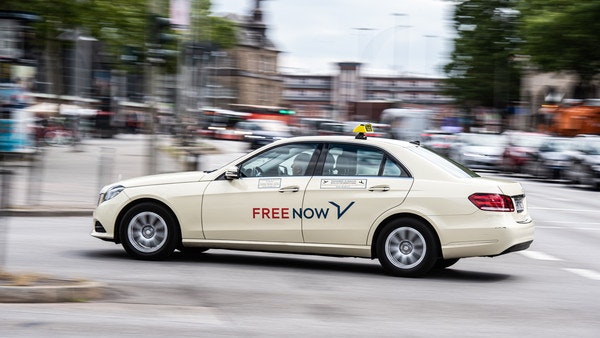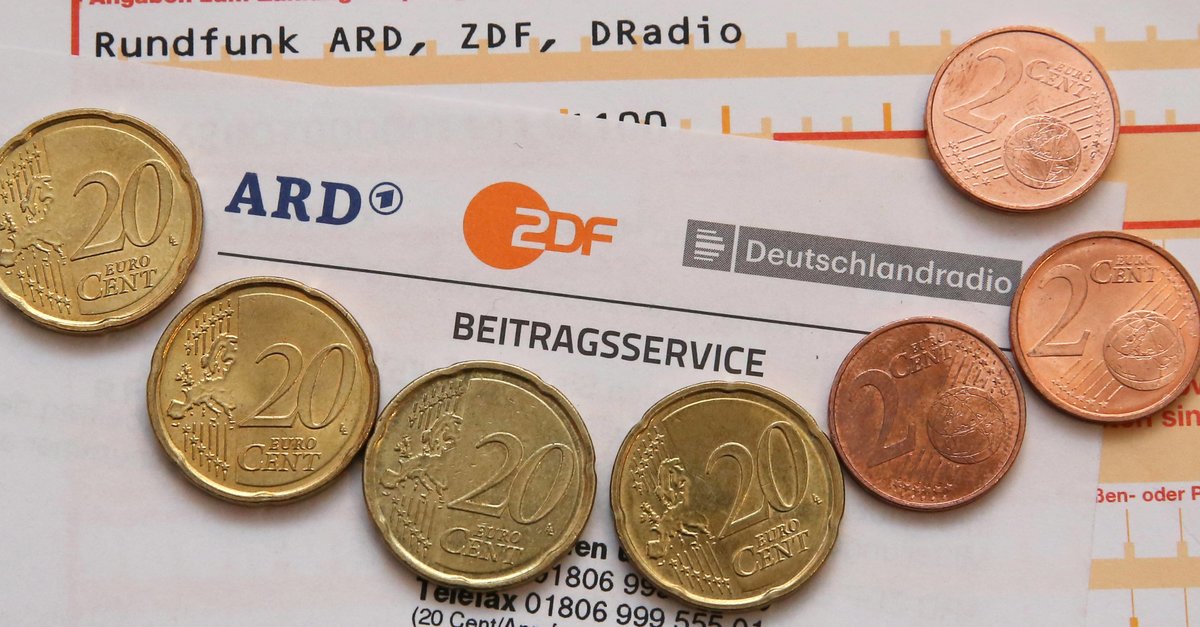Free Now wants to switch completely to e-mobility by 2030
No time right now?
Free Now wants to rely entirely on electromobility by 2030. More than 100 million euros are to be invested in this over the next five years.
The mobility service provider Free Now, which previously operated as Mytaxi, intends to make around half of all trips with fully electric vehicles within the next five years. Another five years later, it should then be 100 percent. In order to achieve this goal, more than 100 million euros are to be invested over the coming years. Among other things, the money is intended to create incentives for taxi operators to switch to e-cars. In addition, the drivers are to receive discounted access to their charging stations via the sister company Charge Now. Like Free Now, Charge Now is half owned by Daimler and half by BMW.
In Germany, Free Now wants to start a local project in Hamburg to bring around 100 electric taxis onto the streets of the Hanseatic city. In other cities, too, there are plans to collaborate with local authorities to promote the electrification of taxis, according to a press release. The plans for Great Britain are particularly ambitious, where the entire fleet is to be converted to electric vehicles by 2025. In Spain, on the other hand, half of all vehicles are already either fully electric or hybrid. But Free Now also sees increasing demand for climate-neutral mobility in Germany.
Contents
Free Now wants to offset all CO2 emissions retrospectively from the beginning of 2020
In addition to reducing CO2 emissions through increased use of electric vehicles, Free Now also announces that it will offset all remaining emissions retrospectively since the beginning of 2020. To this end, 20,000 trees and other plants are to be planted annually. In addition, projects for forest conservation and afforestation are to be supported throughout Europe.
Free Now was founded in 2009 under the name Mytaxi and initially served as a pure driving agent for classic taxis. Free Now has been part of the mobility joint ventures of Daimler and BMW since February 2019. In addition to taxi rides, e-scooters and rental bikes are now also offered via the app. In addition, under the name Ride, the app has also been offering rental car rides based on the Uber principle since 2019, which has caused much criticism in the taxi industry.
Also interesting: ride sharing and the environment: the study takes a critical look at the popular driving offers



